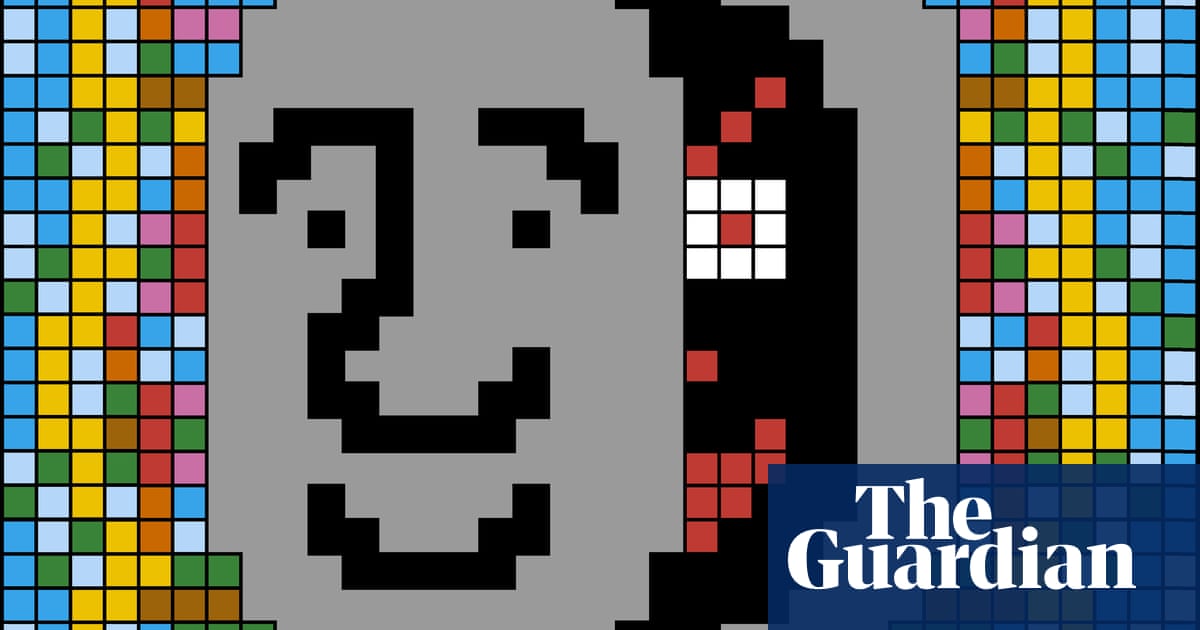After publishing my third ebook in early April, I stored encountering headlines that made me really feel just like the protagonist of some Black Mirror episode. “Vauhini Vara consulted ChatGPT to assist craft her new ebook ‘Searches,’” considered one of them learn. “To inform her personal story, this acclaimed novelist turned to ChatGPT,” stated one other. “Vauhini Vara examines selfhood with help from ChatGPT,” went a 3rd.
The publications describing Searches this fashion had been respected and fact-based. However their descriptions of my ebook – and of ChatGPT’s position in it – didn’t match my very own studying. It was true that I had put my ChatGPT conversations within the ebook, however my objective had been critique, not collaboration. In interviews and public occasions, I had repeatedly cautioned in opposition to utilizing massive language fashions similar to those behind ChatGPT for assist with self-expression. Had these headline writers misunderstood what I’d written? Had I?
Support Greater and Subscribe to view content
This is premium stuff. Subscribe to read the entire article.













